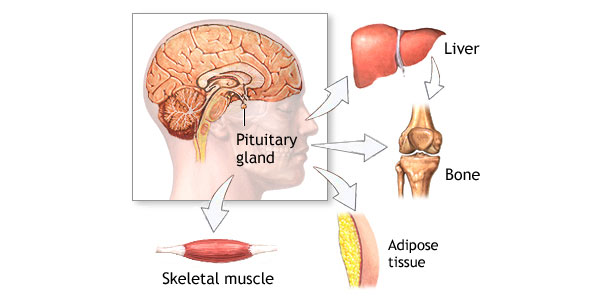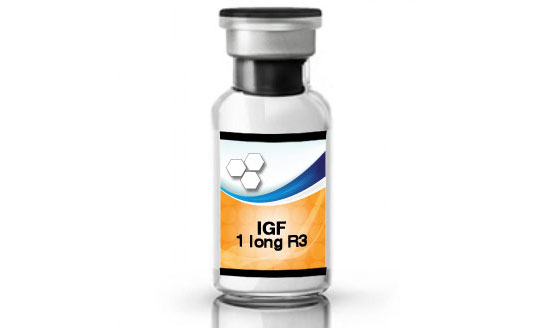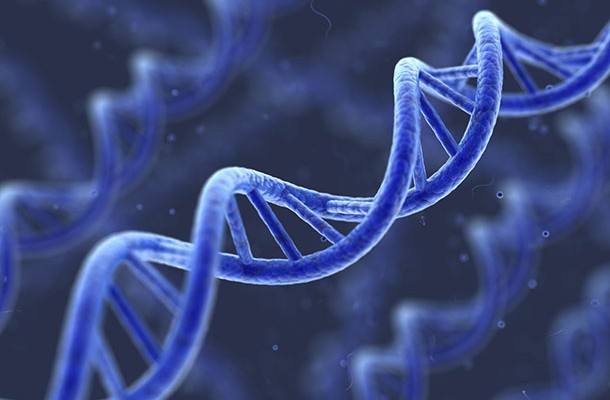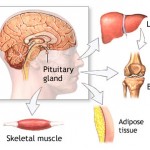Archive for the ‘IGF-1 Long R3 Information’ Category
All about IGF-1
What is IGF-1? Insulin like growth factor 1 (IGF-1) is also sometimes referred to as somatomedin C and sulfation factor. It is a peptide hormone produced in the liver under the influence of growth hormone (Balhara et al, 2012) and is structurally similar to the insulin hormone. IGF-1 is best known for its anabolic effects during the growth of a child, but its actions are active well into adulthood. Why use IGF-1 IGF-1 and synthetic IGF-1 analogues have therapeutic medical applications in the medical field. Because of the role of IGF1 in ...
Difference between IGF-1 and IGF-1 Long R3
Growth factors like IGF play an important role in childhood, specifically puberty. IGF is responsible for natural muscle growth that occurs during puberty, along with other functions like increased glucose transport, increased protein synthesis, increased RNA synthesis, increased amino acid transport to cells, and decreased protein degradation. However, there are different forms of IGF, such as IGF-1 and IGF-1 LR3 that have varied potencies and functions. IGF-1 Insulin-like Growth Factor 1, abbreviated IGF-1, is a protein that is ...
What IGF-1 Does in the Body
What does IGF-1 do? IGF-1 or Insulin like Growth Factor 1, is a protein encoded by the IGF1 gene and it is similar to the molecular structure of insulin. It contains seventy amino acid polypeptides that are produced by the liver and endocrine hormone. IGF-1 has many effects on the body. When in balance… It does a body good! But when out of balance it can cause many repercussions to the body. IGF-1 supports cellular division and growth to the muscles and organs. IGF-1 automatically begins being produced at birth. This is one of the ...
Insulin-like Growth Factor 1
IGF-1 The insulin-like growth factor 1, or more commonly referred to as IGF-1, is a protein encoded by the IGF-1 gene. In the 1970’s and 80’s many scientists became interested in this compound as a way to offer healthy ways of living. The researchers were amazed to find a number of benefits of IGF1 that can’t be found anywhere else. Therefore, scientists have continued their quest for learning more about the IGF-1 compound. In doing so, they have been able to develop even more efficient peptides, which are used for a number of different ...
IGF-1 Effects and Results
IGF Effects and Results Perhaps the most interesting and potent effect IGF has on the human body is its ability to cause hyperplasia, which is an actual splitting of cells. Hypertrophy is what occurs during weight training and steroid use, it is simply an increase in the size of muscle cells. See, after puberty you have a set number of muscle cells, and all you are able to do is increase the size of these muscle cells, you don't actually gain more. But, with IGF use you are able to cause this hyperplasia which actually increases the number ...
IGF-1 Long R3
Insulin-like growth factor 1 - IGF-1 LR3 - Information IGF stands for insulin-like growth factor. Insulin-like growth factor 1 (IGF-1) is a polypeptide protein hormone similar in molecular structure to insulin . It plays an important role in childhood growth and continues to have anabolic effects in adults. It is a natural substance that is produced in the human body and is at its highest natural levels during puberty. During puberty IGF is the most responsible for the natural muscle growth that occurs during these few years. There are many ...










